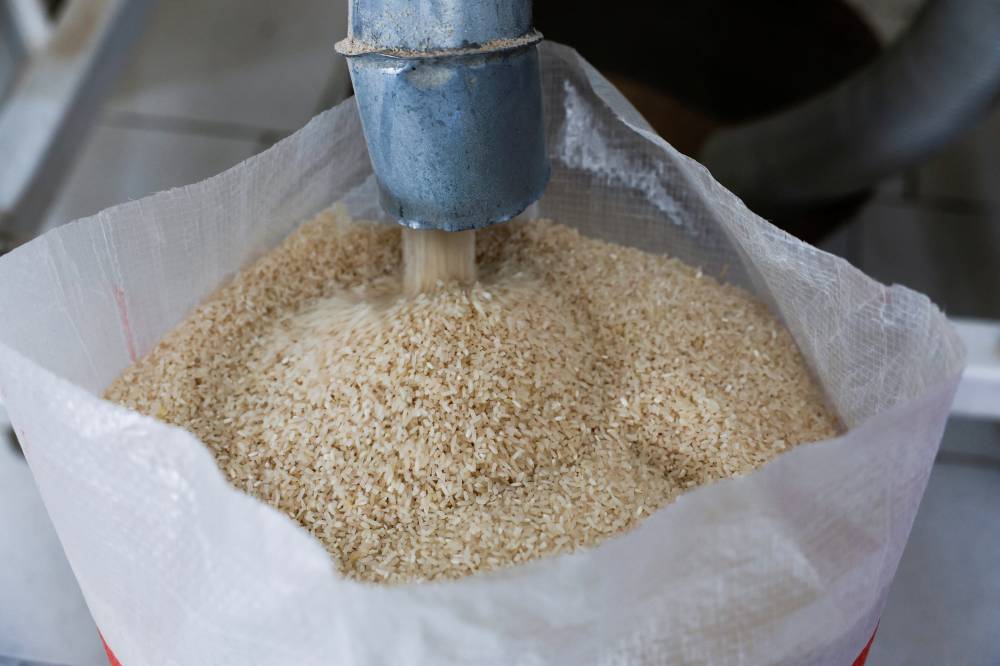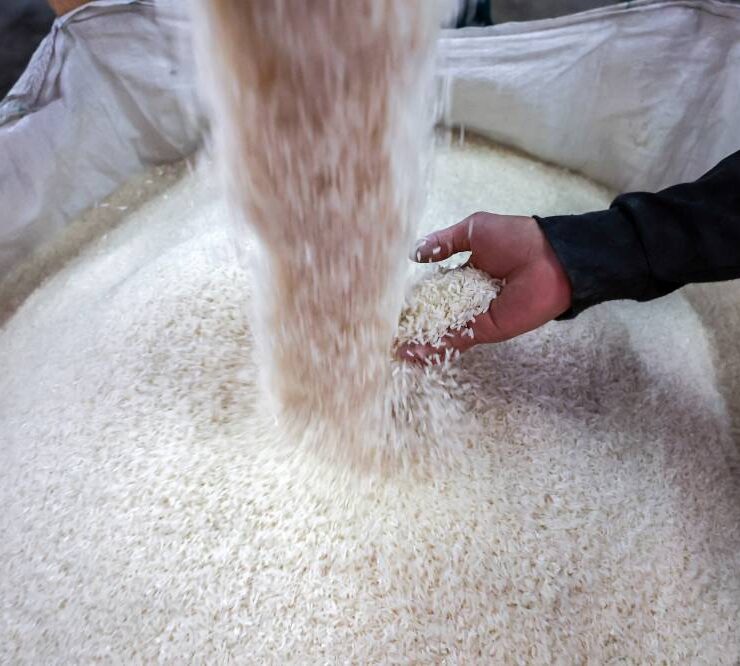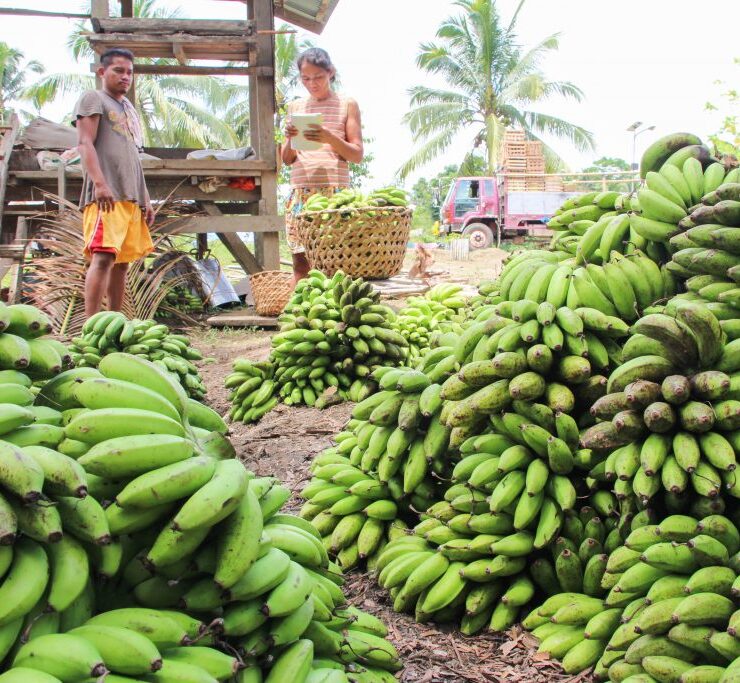PH seen to import less rice this year

The Philippines is expected to slow down its importation of rice this year even if the government has reduced tariff rates on this staple food.
The US Department of Agriculture (USDA), in a report, slashed its forecast on the country’s overseas rice purchases by 100,000 metric tons (MT) to 4.6 million MT in 2024 due to “slowing purchases” from Vietnam, the country’s leading source of imported rice.
It pegged rice imports to remain at 4.6 million MT next year on the back of “stable” consumption and ending stocks as well as the projected increase in local production despite reduced import duties.
Signed by President Marcos in June, Executive Order No. 62 imposes reduced duties on various products such as rice and meat until 2028 to augment supply, manage prices and temper inflationary pressure of commodities.
For rice, a staple Filipino food, the tariff rate was slashed to 15 percent from 35 percent.
The estimated volume is around 27 percent higher than the 3.6 million MT of imported rice that arrived in the previous year.
So far, the volume of imported rice that entered the archipelago reached 2.49 million MT as of Aug. 1, figures from the Bureau of Plant Industry (BPI) showed.
Vietnam is still the top supplier, exporting 1.88 million MT during the period.
Thailand and Pakistan delivered 358,754.74 MT and 154,523.82 MT of rice, respectively.
Despite lowering its forecast, the same USDA report said the Philippines would remain the world’s leading rice importer, followed by Vietnam, the European Union and Nigeria.
On a wider scale, the USDA said global rice production may decline because the lower output in Burma, Malaysia, Vietnam and the Philippines would negate an improved crop in Brazil.
The USDA pegged the country’s milled production at 12.7 million MT this year.
“Global trade is slightly up with reductions from Brazil and Cambodia offset with increased shipments from Thailand. Global consumption is adjusted up, mainly in Africa,” it added.
Global stocks, meanwhile, are expected to decrease following supply reductions in Vietnam, the Philippines and Kenya.





















